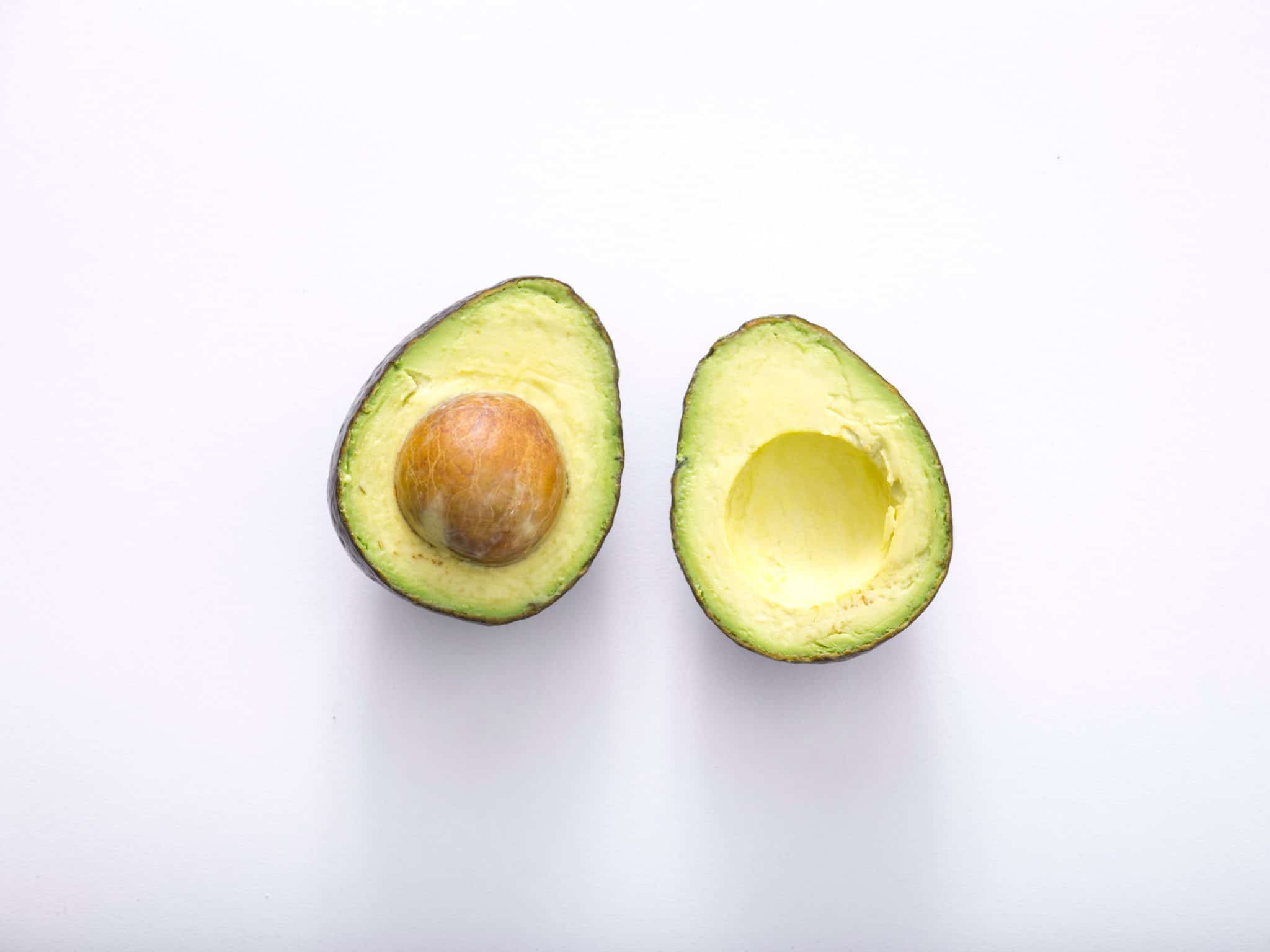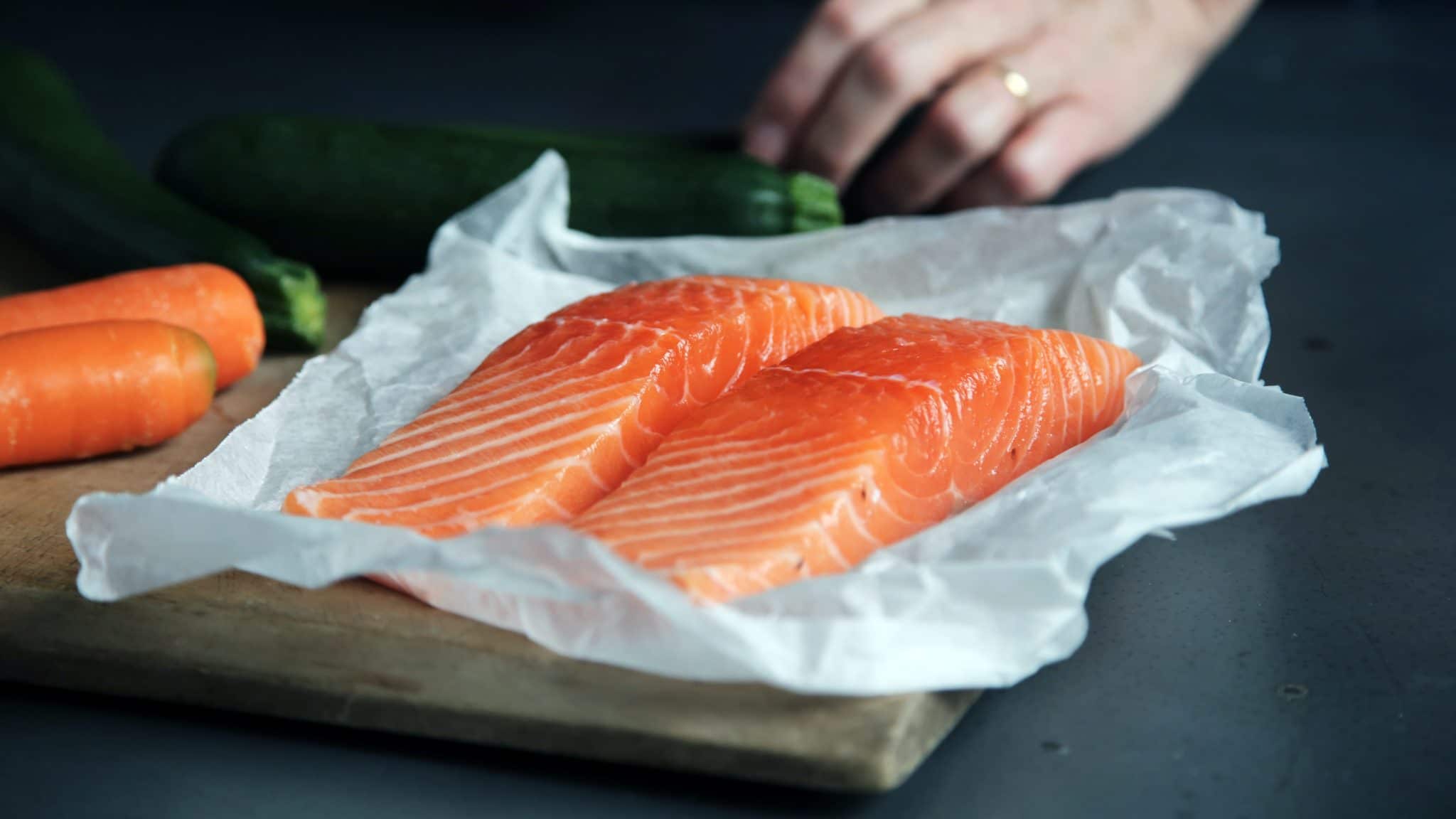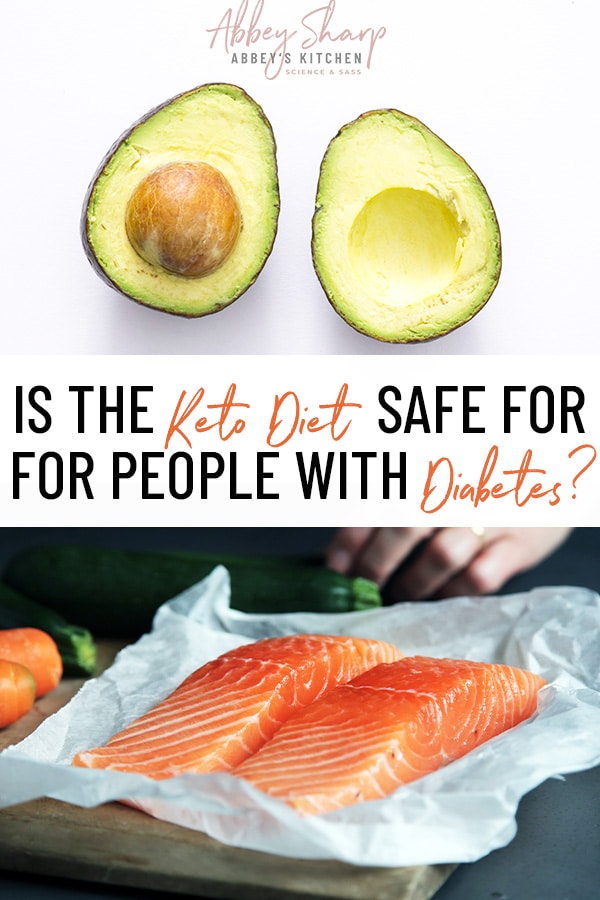We look at the keto diet for diabetes and discuss its safety, risk, and the official recommendations for better blood sugar management.
This isn’t another basic blog post singing the praises of the keto diet. Nor will I lecture you about it being a fad that is destined to “fail”. Since keto really boomed about a year ago, we’ve seen loads of celebrities hop on and off the bandwagon, and plenty of specialty food products to support the trend as well. But as a diet consisting of barely any carbs, is there any benefit to going keto for those who struggle with carbohydrates- namely, people with Diabetes?
Let’s start by looking at the history about the keto and where we are today.
What is the Keto diet for?
Named after the biological state of Ketosis, the Ketogenic diet was originally designed in the 1920’s to treat patients suffering from epilepsy. The science behind the concept asserts that ketosis stabilizes brain energy and the action of neurons, which reduces the occurrence of seizures.
keto diet and weight loss
Scientifically speaking, yes, keto can result in weight loss. One study conducted in 2008 found that a diet consisiting of lower carb/higher protein combination resulted in higher levels of satiety after meals and reduced feelings of overall hunger. With overall increased feelings of fullness, the study concluded that less food was consumed and could effectively lead to weight loss. Another study found that the keto diet significantly did lower the number on the scale largely because of a reduction in water weight.
the keto diet for diabetes
The most common course of action before medication for type 2 diabetes is a change in lifestyle. Increased activity, healthier diet, and overall consideration of healthy choices can make a huge impact on frequently tested numbers such as A1c, triglycerides, and glucose levels. Because weight loss is a frequent objective in patients with Type 2 diabetes, studies have been conducted to determine if and how a Ketogenic diet may help.
One study from Nutrition compared a Keto diet and a low calorie diet among patients with Type 2 diabetes. The results indicated that while both groups were successful in terms of weight loss, those who followed a Ketogenic plan appeared to have better glycemic control than those on a reduced calorie regimen.
Another study indicated that when paired with exercise and overall healthier choices, the Keto diet could assist in lowering A1c, triglyceride, and daily glucose levels in people with type 2 Diabetes. One randomized control trial found that people with type 2 diabetes who followed a ketogenic diet lost more weight when compared to those that followed a low fat diet. And speaking of fat, another study found that those who followed a ketogenic diet showed increased rates of lipolysis in the body (aka. the metabolic cycle that promotes the breakdown of fat cells and prevents accumulation of fat, resulting in a reduced body weight.)
Research on type I diabetes suggests that children with the disease who followed a low carb diet also saw improvements in glycemic control. On paper these findings look convincing, but a Ketogenic Diet has many underlying negative effects that are not discussed in the pages of those fitness magazines.
The Potential Side Effects of Keto in Type 2 Diabetes
For starters, while following a Keto diet may help stablize blood sugars, there is a danger that it will cause LDL cholesterol to rise due to an increased intake of dietary fats. This increase of cholesterol can lead to heart health issues, kidney disease, arterial dysfunction, and ultimately lead to even greater health problems for the person with diabetes.
Additionally, one study published in 2007 found that 1/20 people who followed a Keto diet developed kidney stones. With an already increased risk of developing kidney stones, people living with type 2 diabetes should be especially cautious of any nutritional or health practice that increases their risk of this not-so-fun side effect.
There is also some evidence to suggest that a Keto diet may potentially increase the risk of developing type 2 diabetes. The keto diet severely restricts ones carb intake, which in turn affects how insulin can be used. Overtime, we may see an increase in insulin resistance which in turn is the precurser to diabetes. There are also expert concerns that the diet may increase the consumption processed meats, cholesterol, and saturated fats, while reducing beneficial fibres in the absence of carbohydrates.
An additional concern for people with diabetes the risk of diabetic ketoacidosis. This condition can be potentially fatal. The risk for DKA increases as your ketone levels rise and your blood sugar gets about 250 mg/dL. DKA is most prevalent in type 1 diabetes but it is also possible (though very rare) in those with type 2 diabetes.
There is also the risk of weight cycling or yo-yo dieting as the constant cycle of weight loss and regain is common as a lot of these highly restricitve diets can be nearly impossible to maintain long term. One 2018 study found that weight cycling was associated with an increased risk of diabetes and as the variability or weight increased over time, so did the risk of developing diabetes. Another study concluded that body weight fluctuation in obese individuals increased the risk of developing diabetes over those in a healthy weight range. These findings conclude that endless cycles of “yoyo” dieting that is characteristic of restrictive diets can only harm metabolic health in the long term.
dietary recommendations for people with Diabetes
Because of its potential negative side-effects, healthcare practitioners generally do not recommend the Keto Diet across the board to people with diabetes. Instead, a greater focus should be placed on educating those with diabetes on nutrient-rich foods that can help improve overall health while balancing blood sugars. So for example, rather than cutting out carbs all together, it would be recommended to include more fibre-rich carbohydrates and pair them with a source of protein or healthy fat to slow the absorption of sugars.
As for alternative treatment recommendations, some believe that a plant-based diet may be more suitable and beneficial. Supporters of this concept believe that consumption of plant-based proteins, unrefined carbohydrates, healthy fats, and an adequate amount of fiber is the key to managing diabetes. By consuming a balanced variety of foods insulin resistance is thought to be controlled in an effectiver manner. Research has found that people with diabetes who eliminated animal-based proteins from their diets experienced a decrease fasting glucose level and lost nearly twice as much weight as compared to those who consumed animal-based proteins.
So do you need to go completely keto or plant-based in other to get your diabetes and blood sugar under control? Absolutely not.
It is most important to practice eating patterns that are realistic for your lifestyle as well as being conscious of nutritional needs. In fact, a 2018 report stated that the best “diet” for people with diabetes seeking to manage weight, glycemic levels, and risk of cardiovascular disease has yet to be determined. Every body is different and what is recommended by certain studies may not necessarily be what is best for you. Listening to your body and its cues are key!
As always, however, diet is a highly individual thing and it is important to consult a health care professional or Registered Dietitian with questions or concerns about proper nourishment based on your overall health and lifestyle.
What are your thoughts on the keto diet for people with diabetes? Leave us a comment below!
Research by Grace Carroll, RD student
Updated on October 4th, 2021

Abbey Sharp is a Registered Dietitian (RD), regulated by the Ontario College of Dietitians. She is a mom, YouTuber, Blogger, award winning cookbook author, media coach specializing in food and nutrition influencers, and a frequent contributor to national publications like Healthline and on national broadcast TV shows.









Janelle says
I have tried the keto diet, but I couldn’t sustain it due to willpower as I really love pastries! But I felt fantastic on it, much better than when I’ve tried a food guide diet, macros on My Fitness Pal, or eating whatever. No highs or lows, and my appetite was suppressed. I followed a more reasonable version, which was mostly lean proteins & veggies, plus small amounts of nuts, cheese, fruit, and healthy oils. Maybe every other day I did a low carb dish like pancakes. Because veggies are so low carb, I easily fit in small amounts of starches like 2 pieces of bread, or some little potatoes, etc, almost every day within the net carbs. So my version of keto was a lot more balanced nutritionally. I had read a lot of websites, and I found many that took this more reasonable approach (rather than a pound of bacon and buttered coffee). Also, I had no keto flu because I took in small amounts of salt everyday. But, I missed my pasta meals!
I’ve currently been trying intuitive eating to see if I can reset my attitude toward food & break the over-eating, but I get such highs and lows (I figure I’m pre-diabetic even though my doctor says I’m not) so I want to try low carb at like 50-100g carbs, not the 20g of keto, and see if I feel more even. I’d love to parlay that into an 80-20 eating, like 80% low carb, and 20% have some Doritos or lasagna!
Abbey Sharp says
Thanks for sharing!
Cara Murchie says
This was very informative. I just met with a weight loss professional (no idea what that means though despite trying to find out) and he said I’m showing signs of insulin resistance and recommended I cut all carbs and start eating a lot of fat and fatty meat cuts and bacon.
I am having a crisis over this and I’m out of options to get help with this. I don’t want to do a restrictive diet and I don’t want to cut bread out when I love it but I also want to get better. This did help give me good insights to the ups and downs of what he was asking me to do. Do you have any other insights in to insulin resistance?
Abbey Sharp says
it would be the same recommendations as diabetes with keto